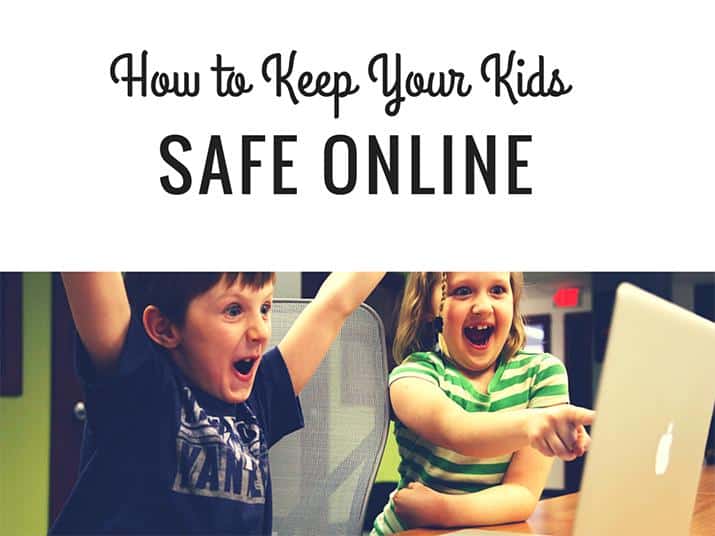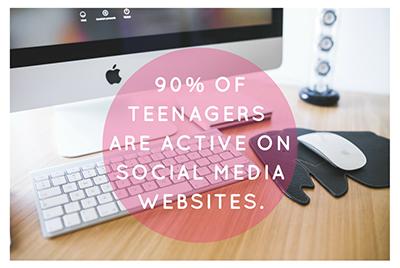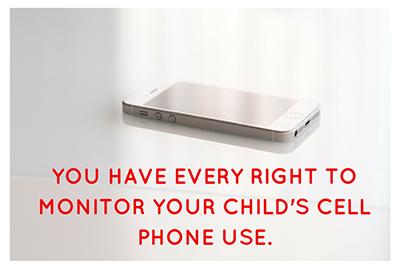
All parents know that keeping up with children can be difficult and exhausting. From the minute they wake up until their head hits the pillow at night, they’re constantly in motion. It can leave parents frazzled and craving a bit of respite anyway we can get it. Far too often, it’s easier to turn on the TV or iPad to occupy the kids in exchange for a few sweet, quiet minutes of respite.
Unfortunately, with our busy schedules and lengthy to-do lists, these few minutes can easily turn into hours. The Internet exposes youth to a lot of dangers – and we’re not talking about eye strain and sore thumbs here – even though they are secure under our roofs or safe in our line of sight.
Youth And Technology
To understand how prevalent technology is in our lives, we need to understand how reliant on devices our children really are:
● 95% of children are able to access the Internet.
● 90% of teens have social media accounts.
● 78% of tweens and teens are Smartphone owners.
● 52% of the younger population admit that they have been cyberbullied.
● Close to 40% of adolescents and teens engage in sexting and share suggestive messages.
● 56% of older children are logged onto Facebook all day.
● 5.6 million Facebook profiles belong to children who are below the minimum age requirement.
● Almost 6 out of 10 children ranging in age from 8 to 12 own cell phones.
Online Safety Tips For Children
Knowing all the threats lurking online can palpitate a parent’s heart. Thankfully, there are a few methods and techniques to reduce the risk of online dangers.
1. Limit data usage on cell phones. A recent study found that limited data was the best deterrent to discourage sexting.
2. Keep all electronics in open rooms that are frequented by family members. Hopefully, this will limit negative interactions online. If your child feels like someone is looking over their shoulder, they’re less likely to be inappropriate online.
3. Teach your children proper social media etiquette. Start early and instruct them to use proper online behavior.
4. Limit access to electronics and use recommended guidelines for time used. Researchers strongly suggest no screen time for children under the age of 2. Preschoolers and elementary children should use technology sparingly with parental guidance.
5. Stay informed on current trends and apps. Go the extra mile to understand new social media apps and identify possible problem areas.
6. Follow your child on social media. Sometimes the mere presence of a parent will encourage better behavior.
7. Explain the dangers of oversharing personal information online. Privacy is only an illusion and everything posted has the possibility of resurfacing.
8. Enforce age requirements for social media sites. The rules are there for a reason and age guidelines help avoid exposing children to inappropriate content.
9. On your home network, you can block certain sites that you don’t want your children accessing.
10. Create a contract with your child. Clearly layout your expectations and rules with the consequences firmly explained. Both parents and child should sign it.

Security Matters
Today, almost every device has the ability to sync with WiFi or has built-in capabilities. A few years ago, it was easy to set up a firewall or simply unplug the dial-up modem to limit online threats. The job of protecting our children online can be a monumental task in our hyper-connected society. Thankfully, evidence shows that parental intervention can avert a lot of the negativity lurking online. Taking a few precautions now will allow your children to enjoy playing and interacting online with their peers and family. Proactive parents can breathe a little easier when they treat their child to a few minutes on their tablets or computer.


